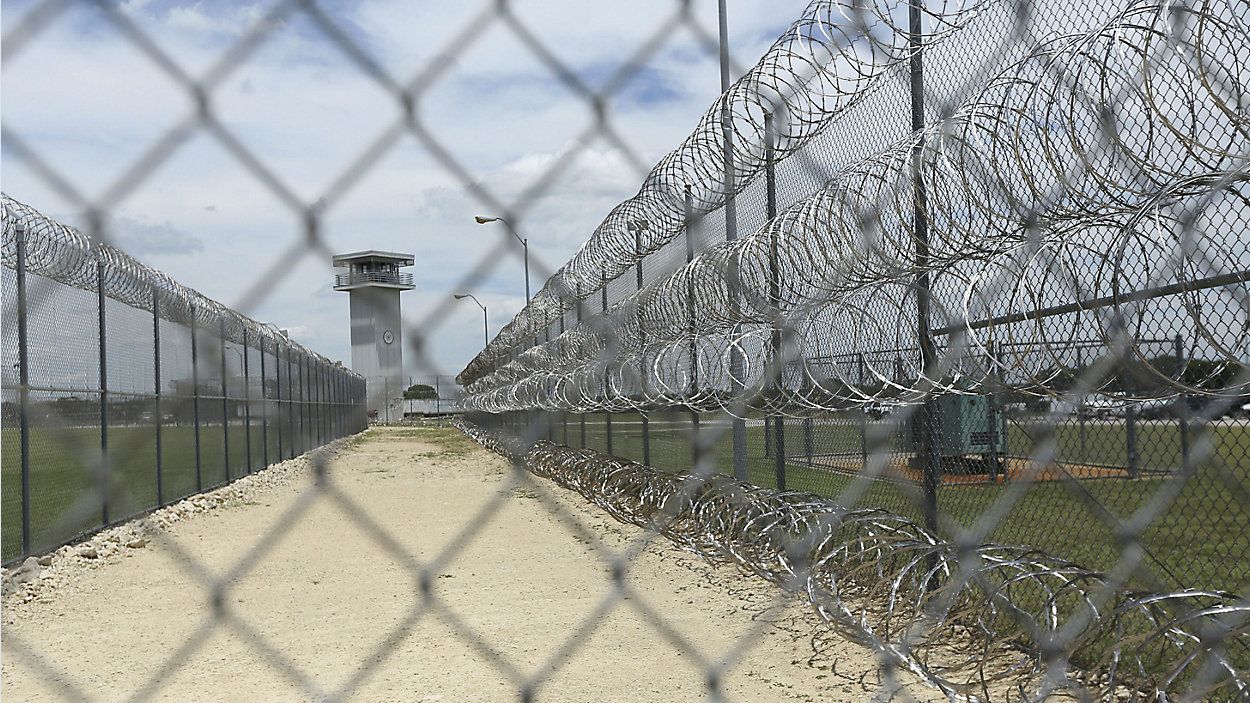The statewide organization that represents local district attorneys in New York is backing a measure to extend the Tuition Assistance Program to people in prison.
Support from the District Attorneys Association of the State of New York comes as lawmakers and Hochul are considering a range of criminal justice and public safety measures this week as part of the broader budget negotiations.
The group in a statement said an extension of the program to people in prisons could boost public safety.
“The District Attorneys Association of the State of New York supports measures to restore Tuition Assistance Program awards for incarcerated persons. Limiting educational opportunities to individuals who are incarcerated does not make our communities safer," the organization said. "In fact, correctional education can make our communities safer by reducing recidivism and improving public safety."
Gov. Kathy Hochul earlier this week proposed granting people in prisons access tuition assistance with the goal of reducing recidivism and helping people obtain employment after their sentence ends.
The proposal would largely serve as a restoration of tuition assistance and access to higher education dollars.
"It is important to note that this bill does not mean that non-incarcerated students lose access to funds," the DAs' group said. "It would simply allow incarcerated students to apply in the same way they would be able to do if they were not incarcerated."
State lawmakers and Hochul this week are debating a proposed $216 billion spending plan that is expected to pass by next week.
Polling by supporters of the move released earlier this month have found voters in New York back the move by a 30-percentage point margin, 58% to 28%.
Hochul and lawmakers are negotiating a budget plan that could also lead to the sealing of many criminal records for people whose sentences have ended as a way of allowing them to better access jobs and housing.
But Hochul is also hitting snags with top Democrats as she seeks to make changes to New York's bail that ended cash bail requirements for many criminal charges. Progressive advocates have opposed any efforts to scale back the measure; Republicans and some Democrats say the move is a necessary response to a rise in violent crime over the last year.


